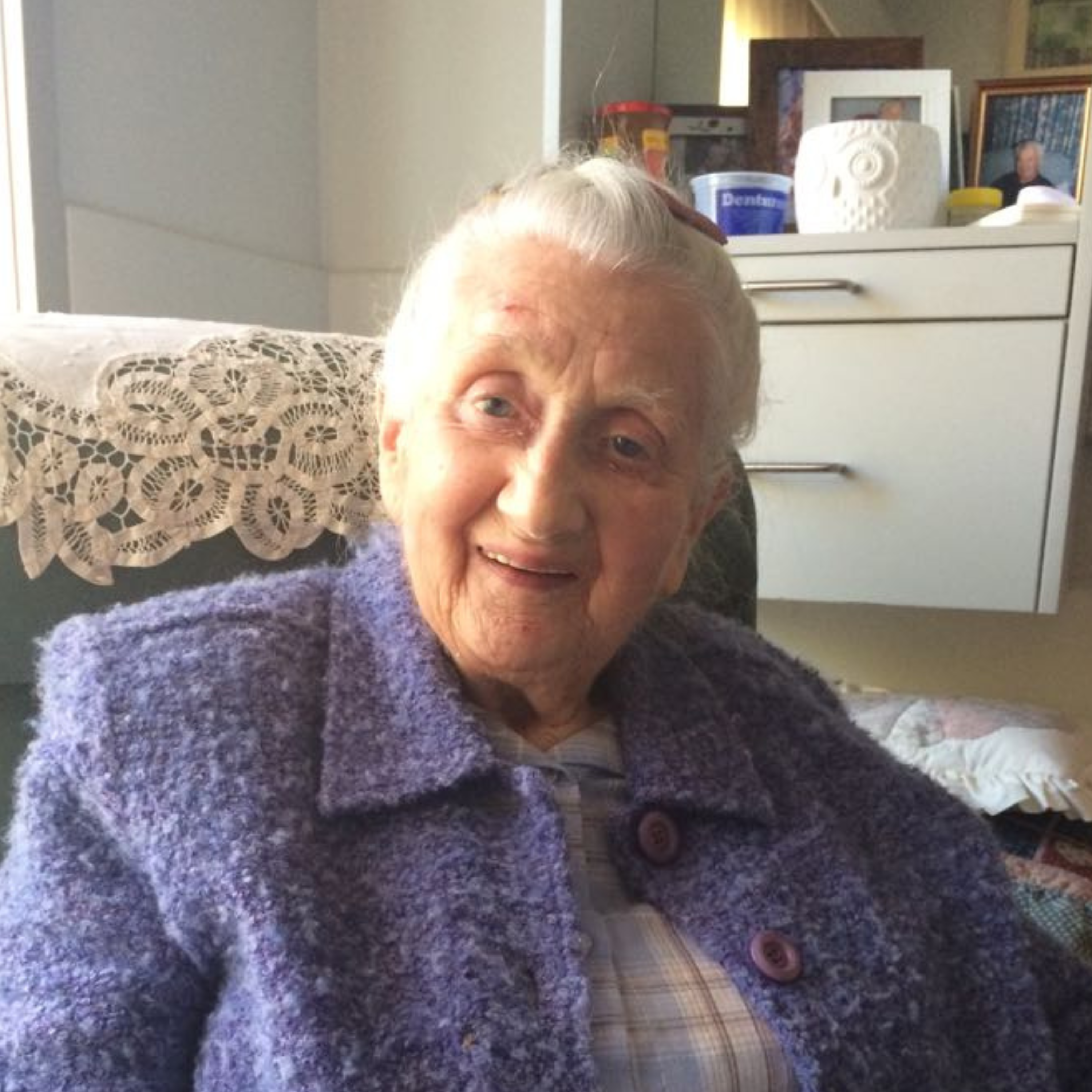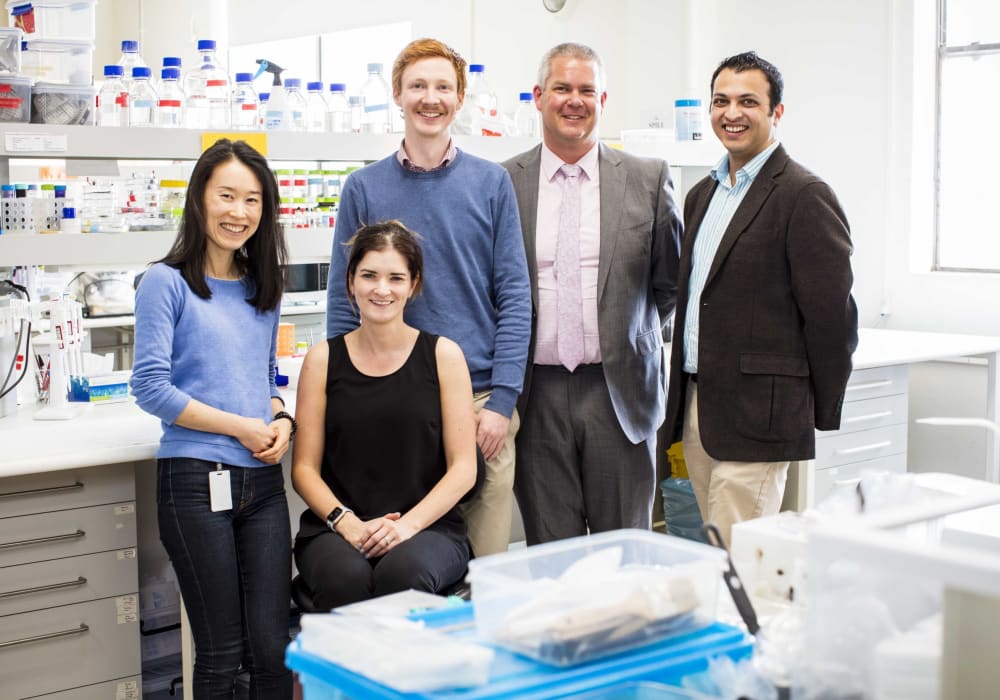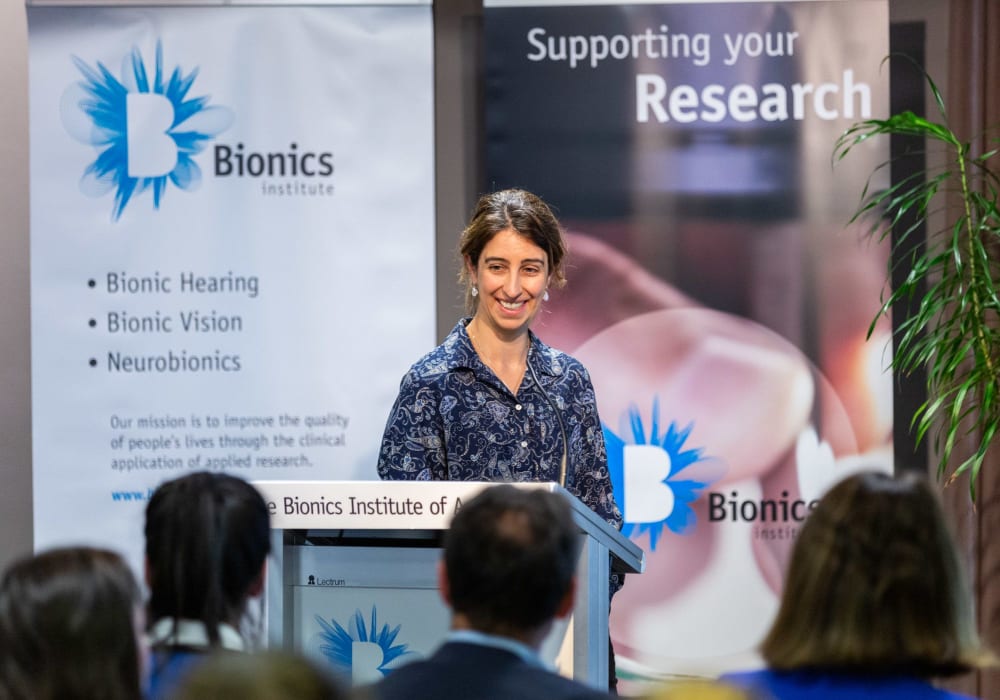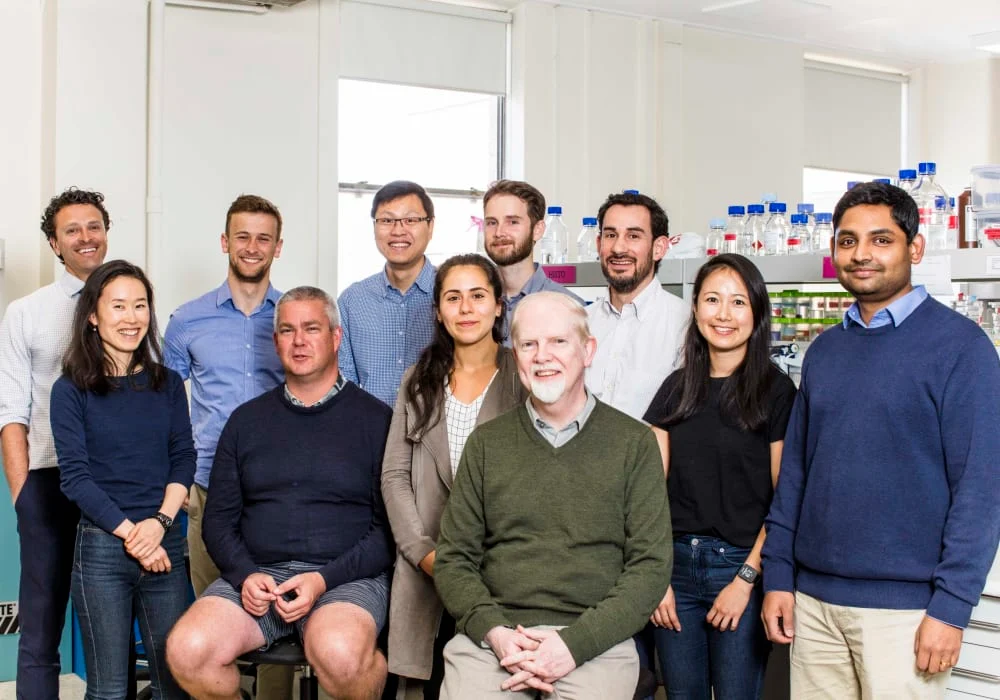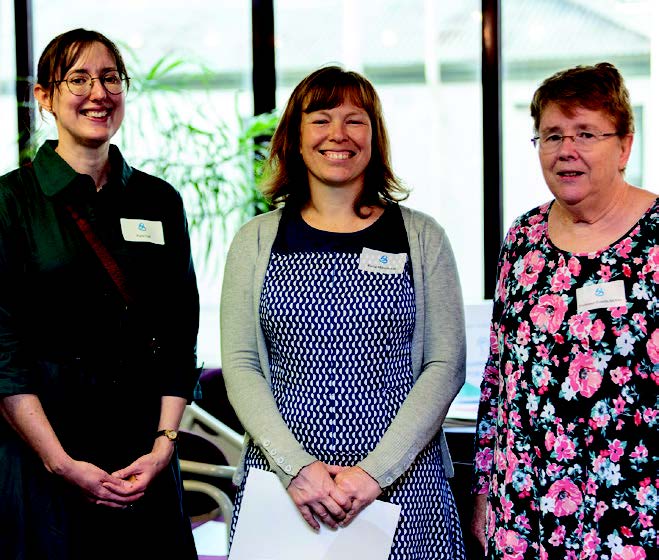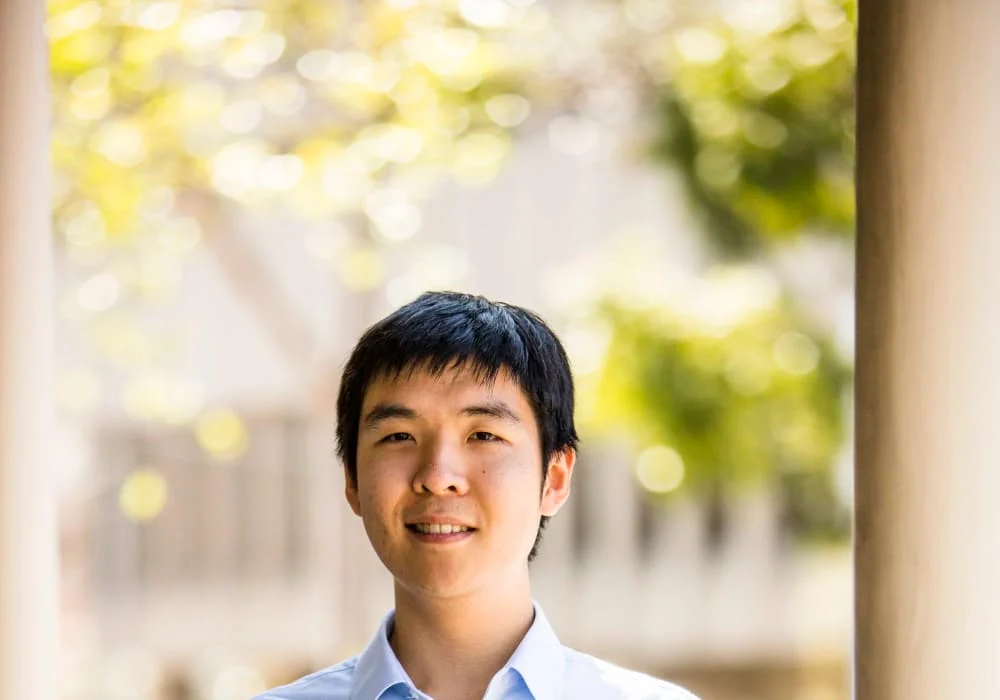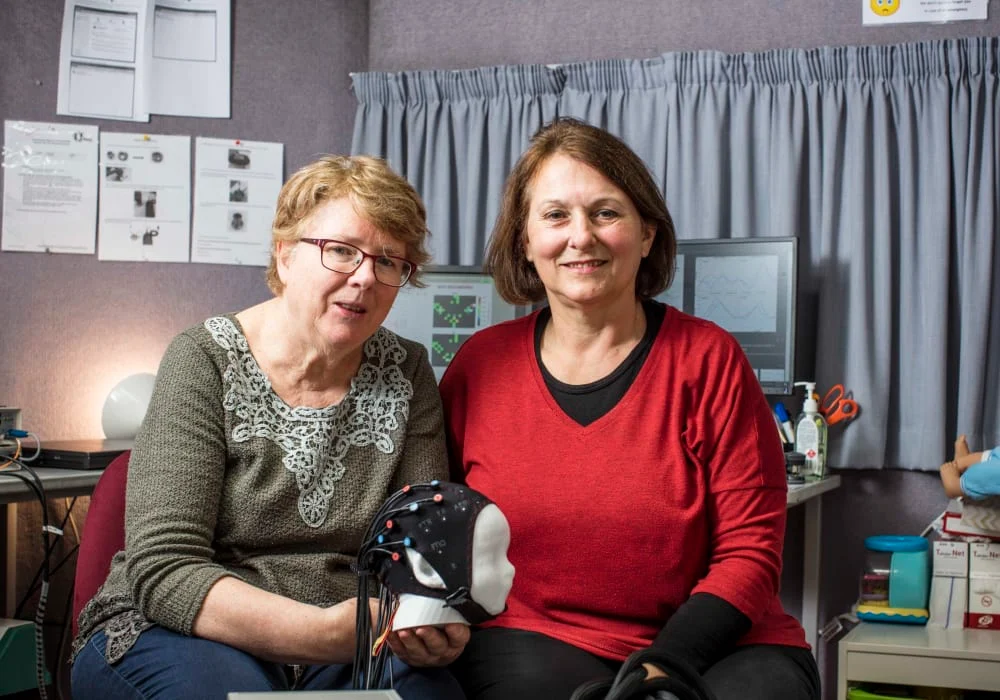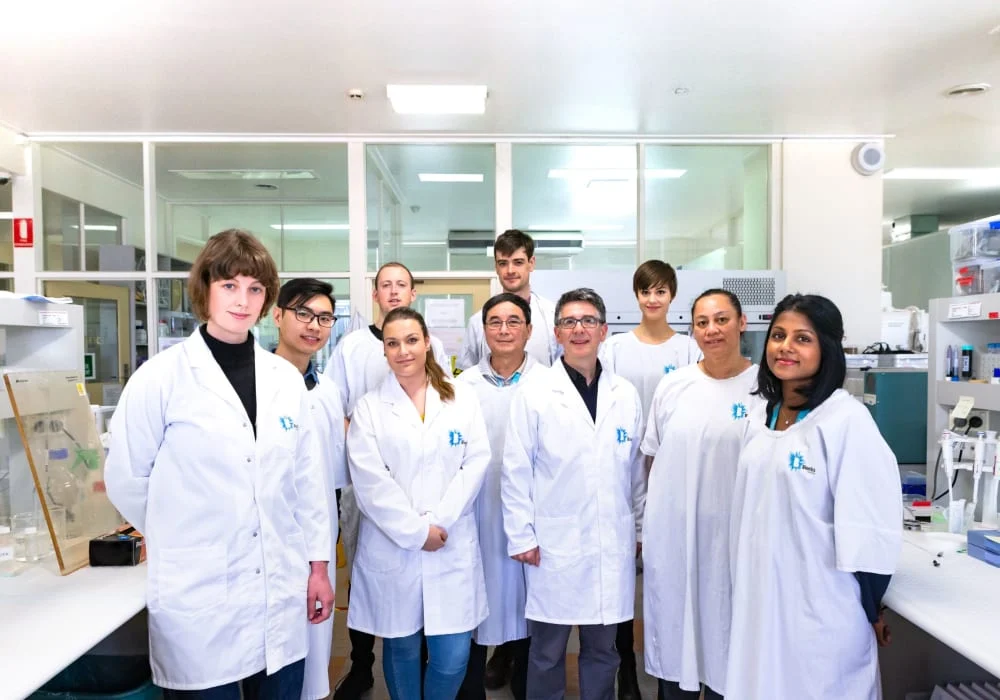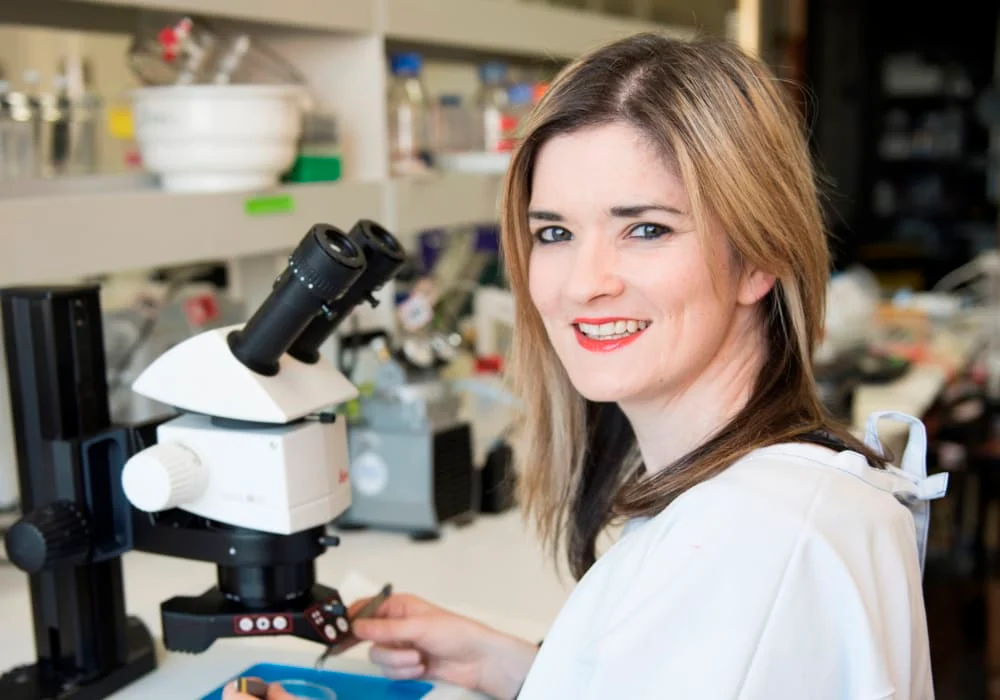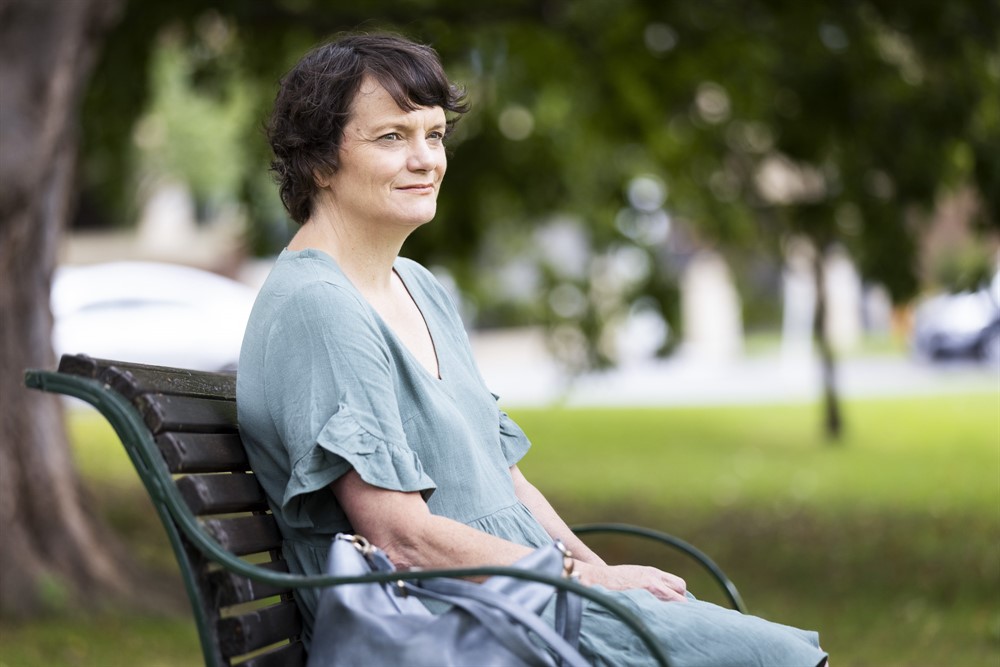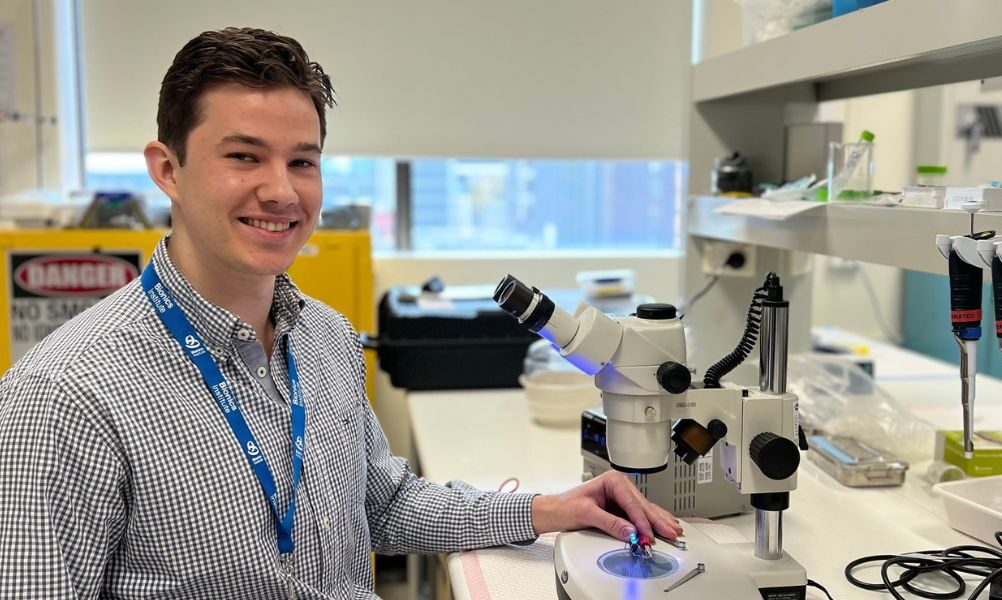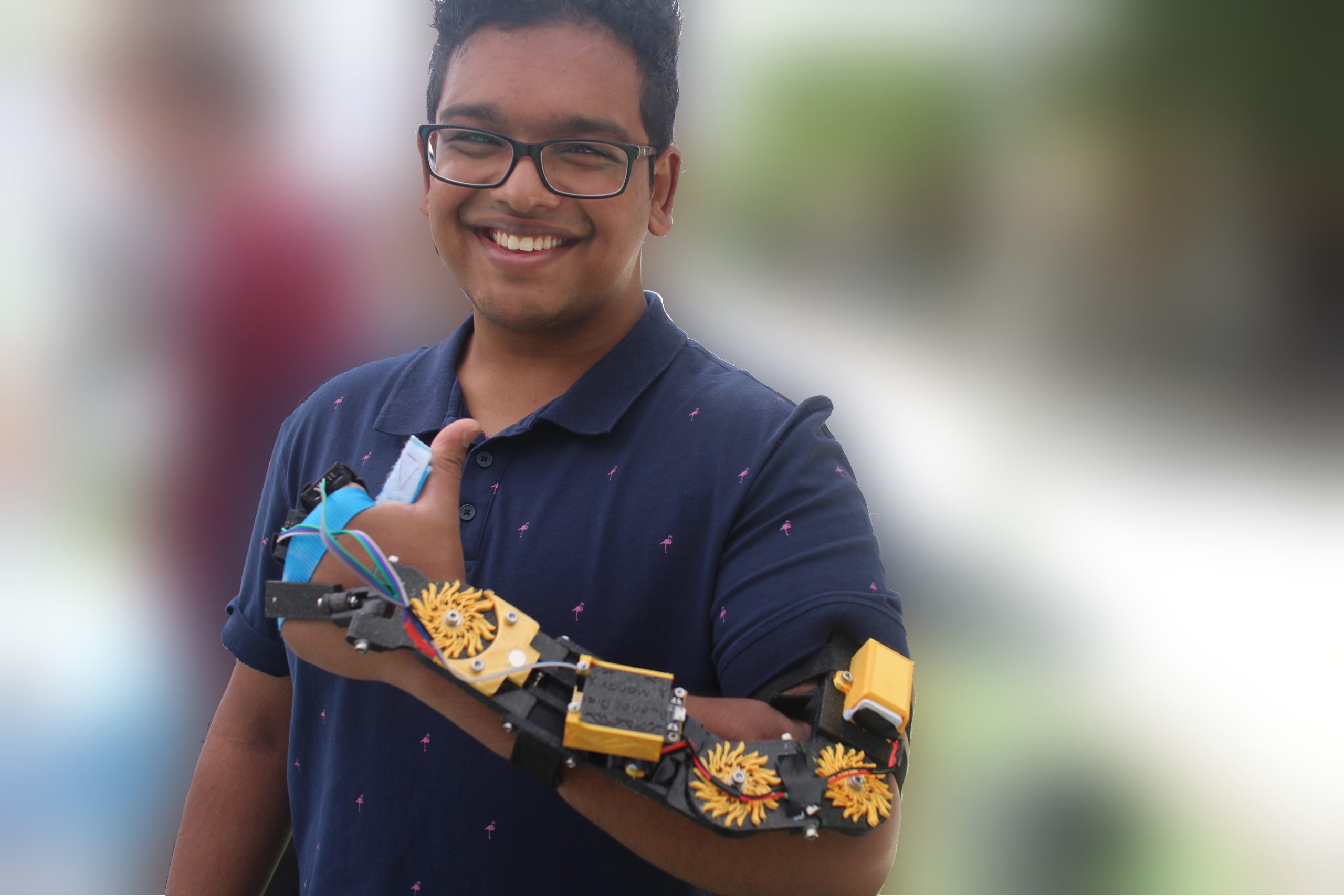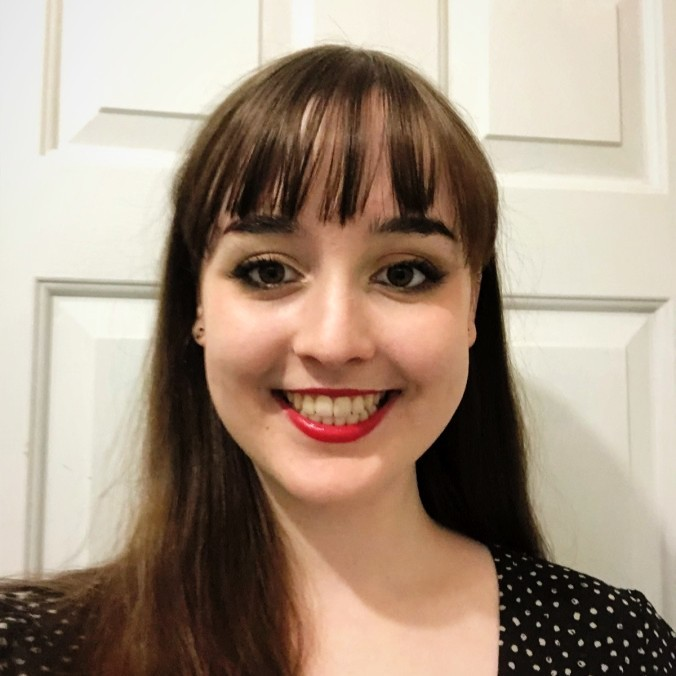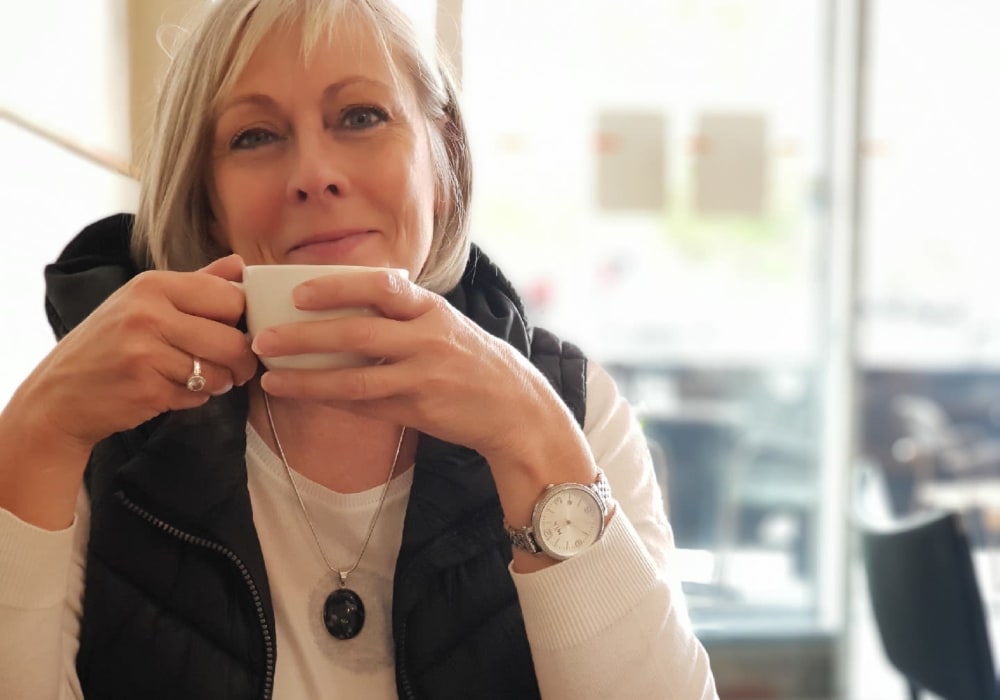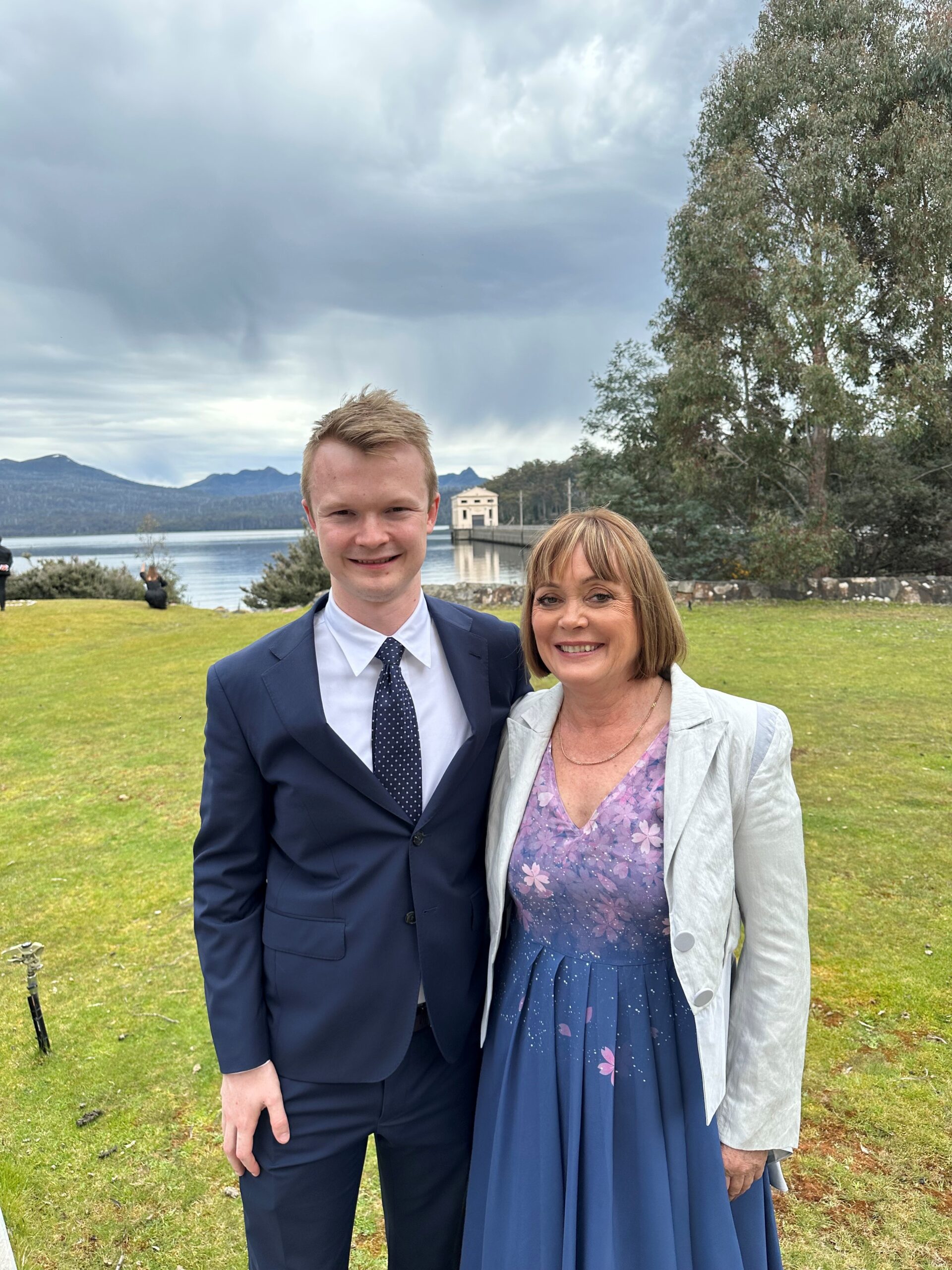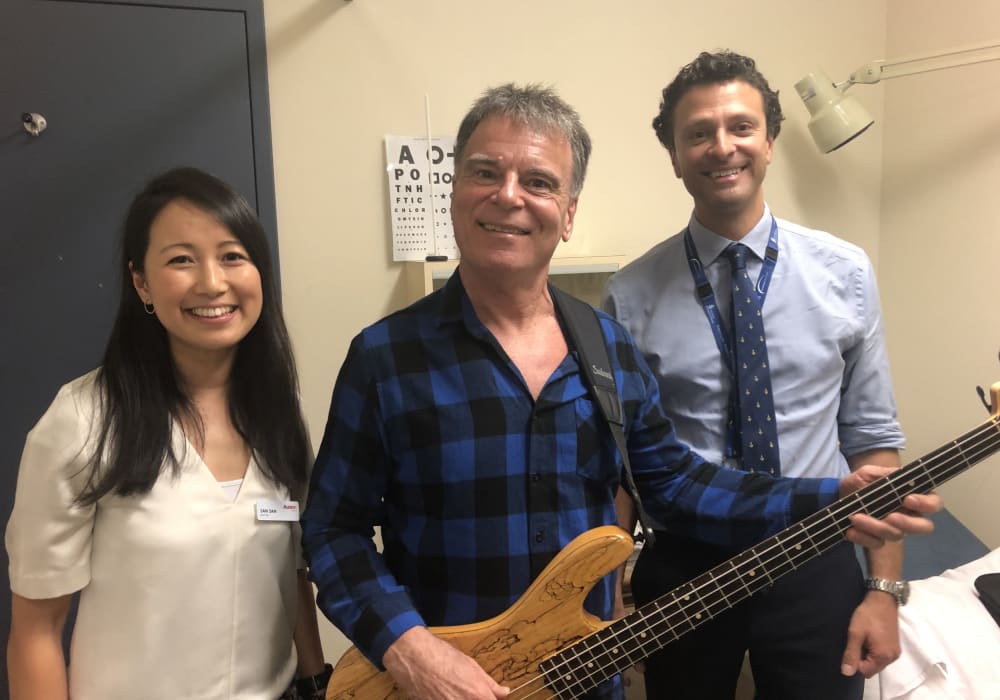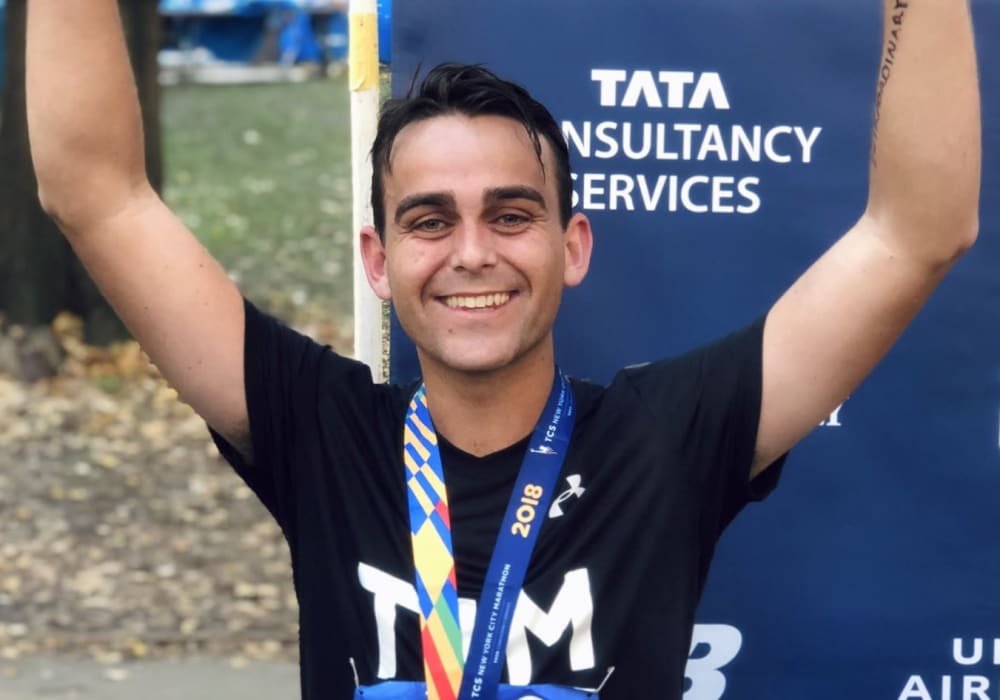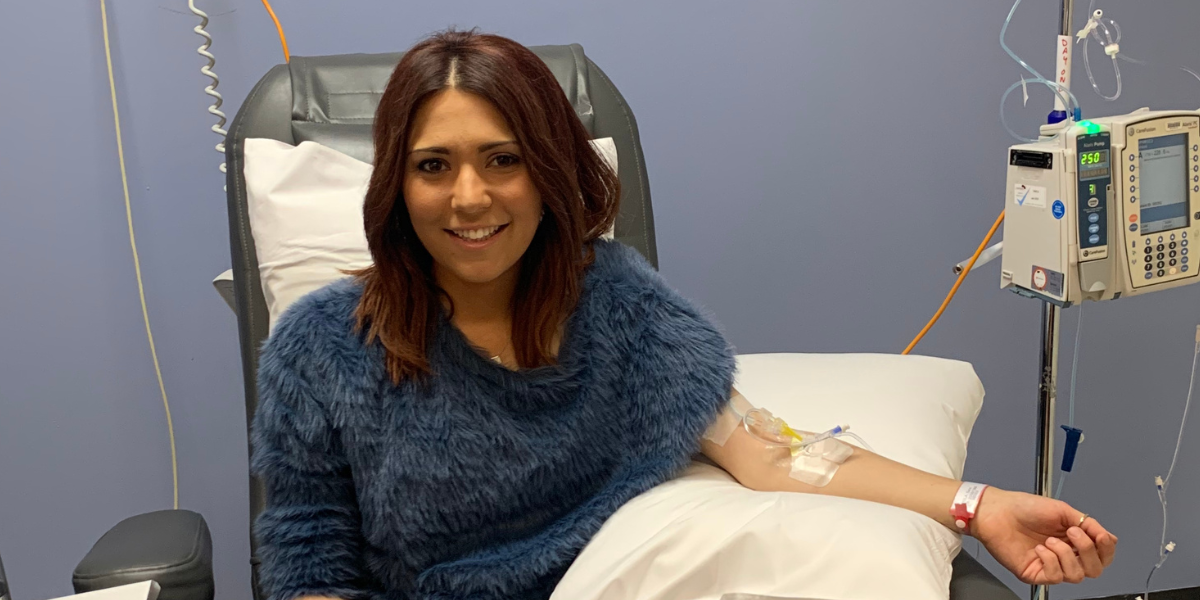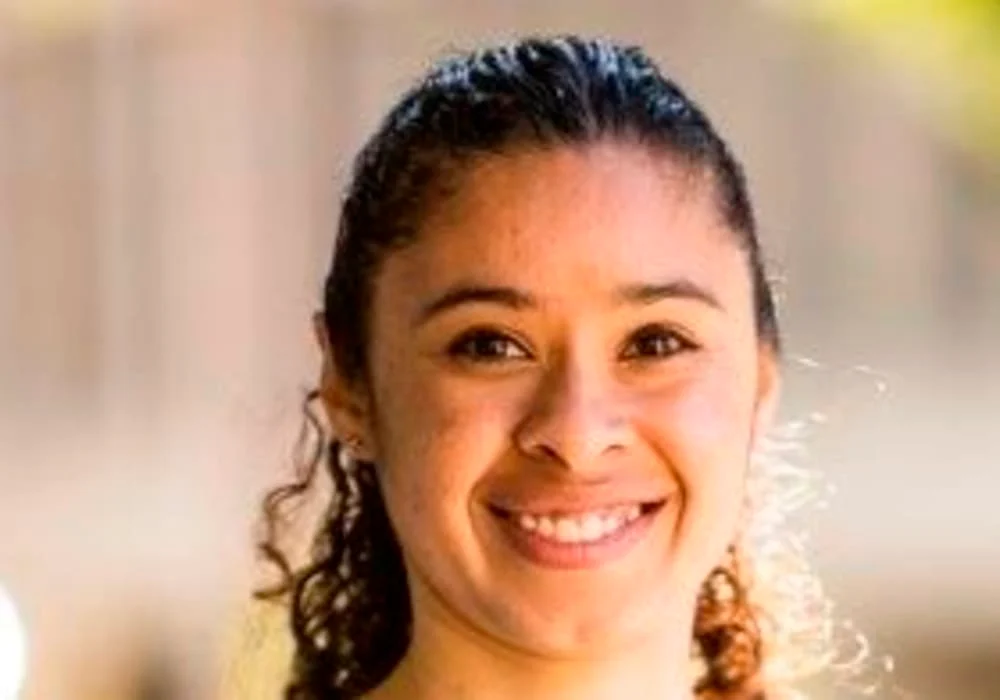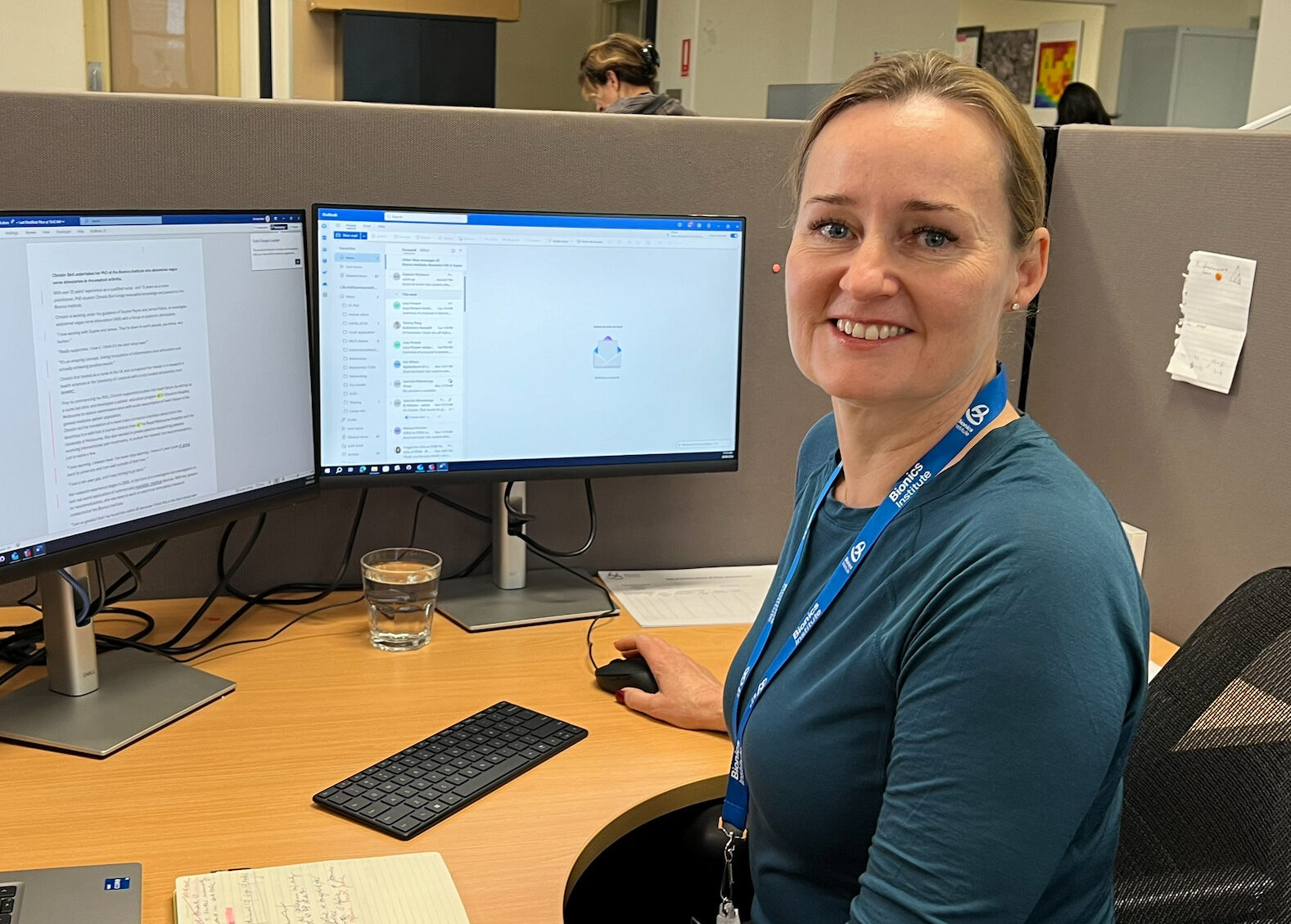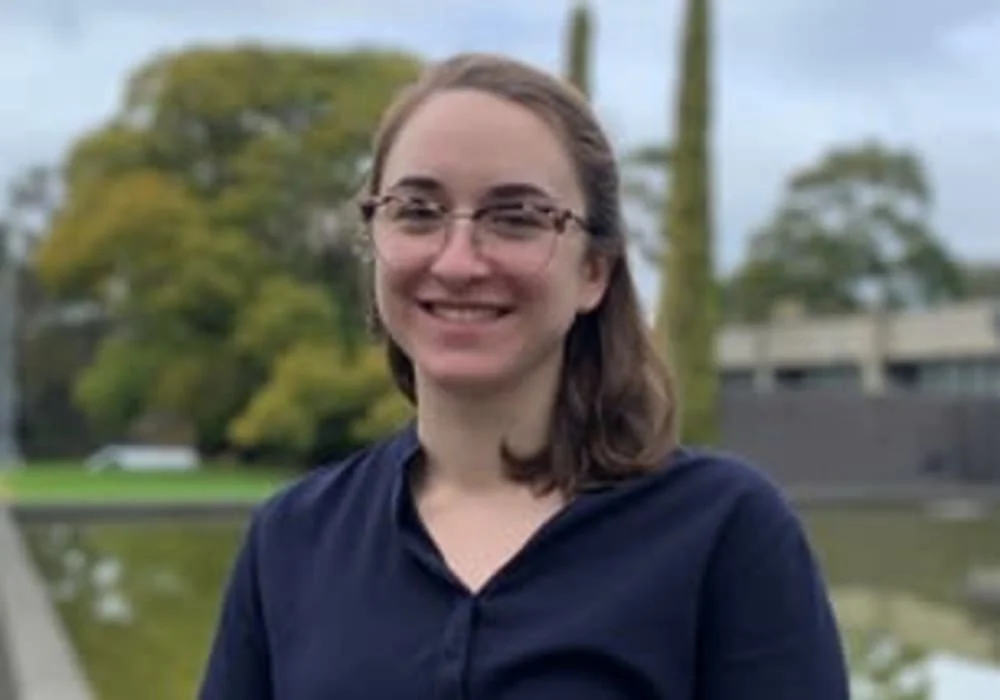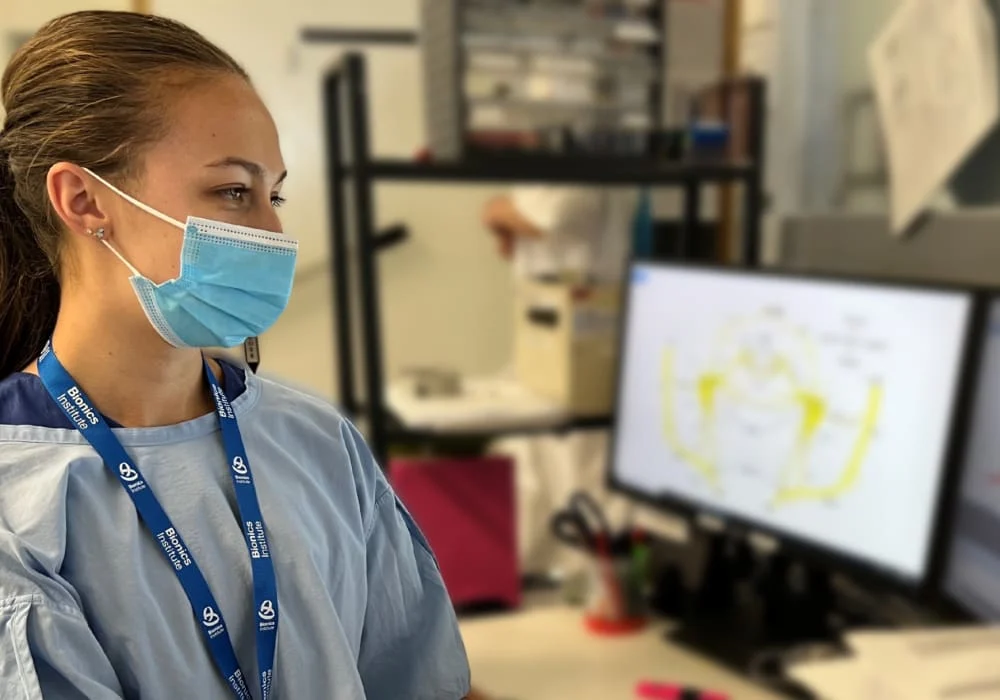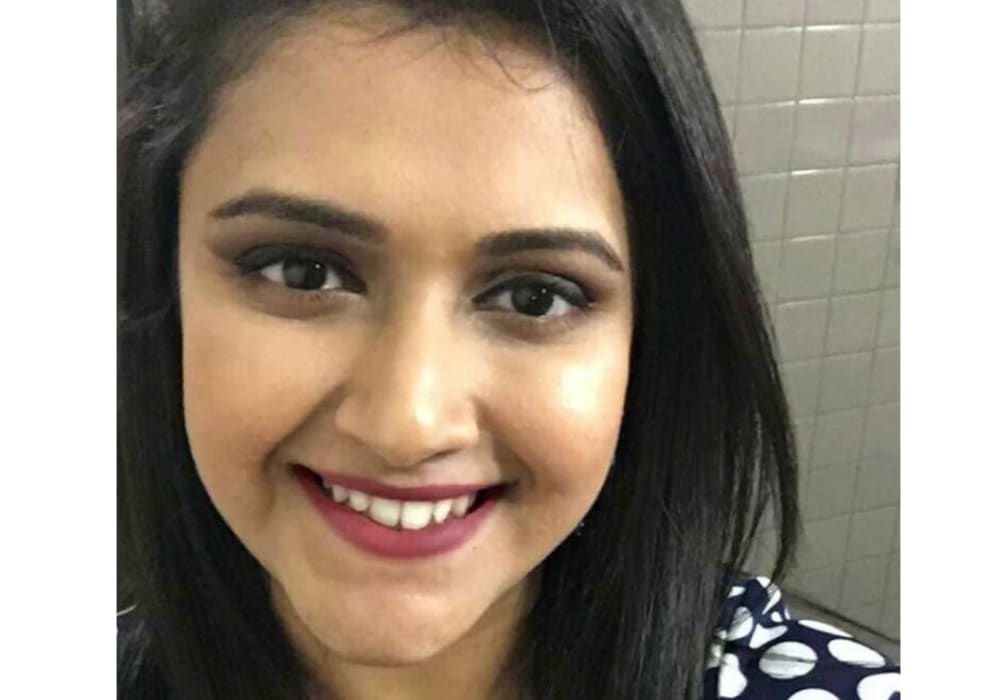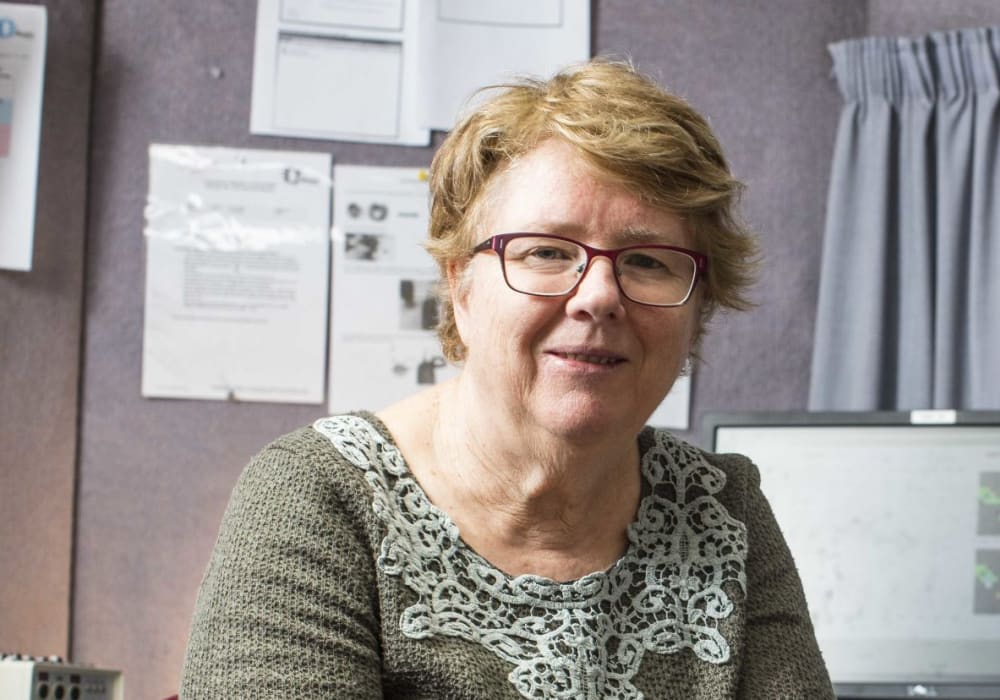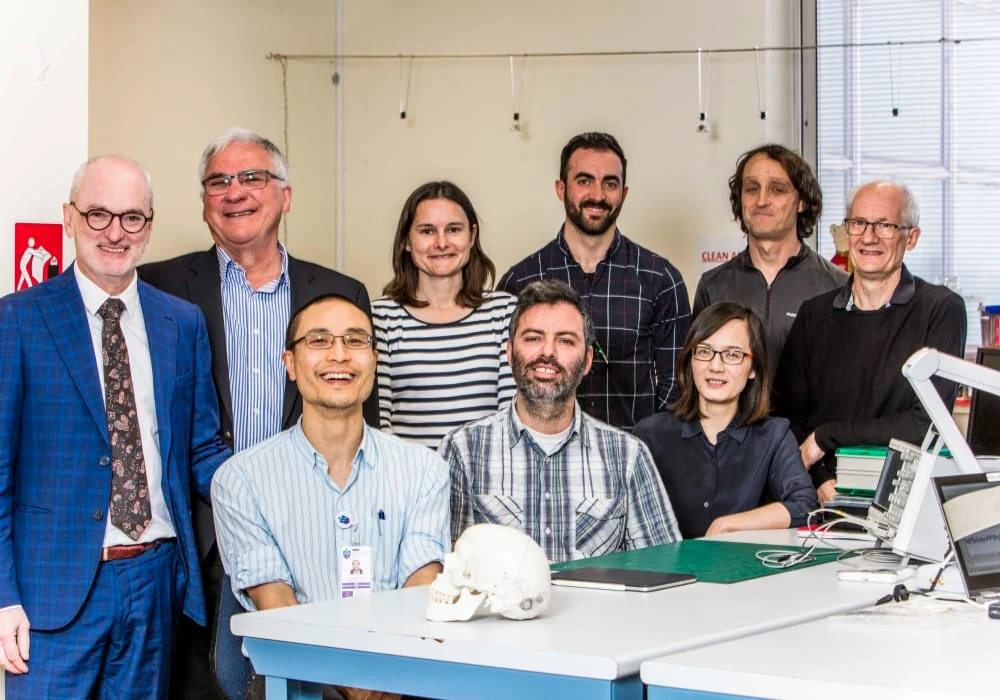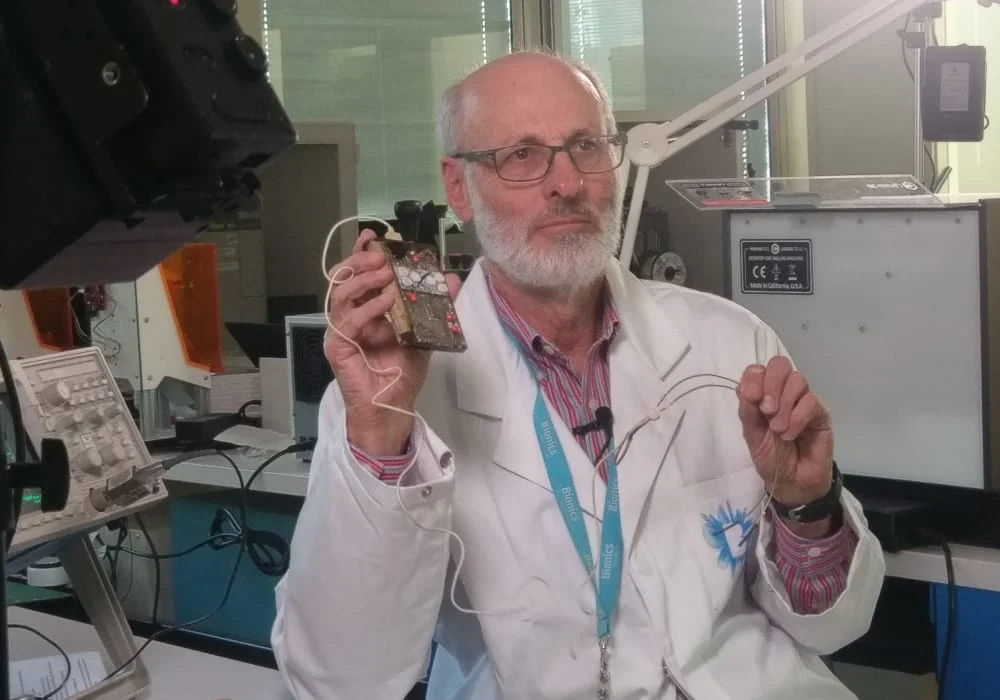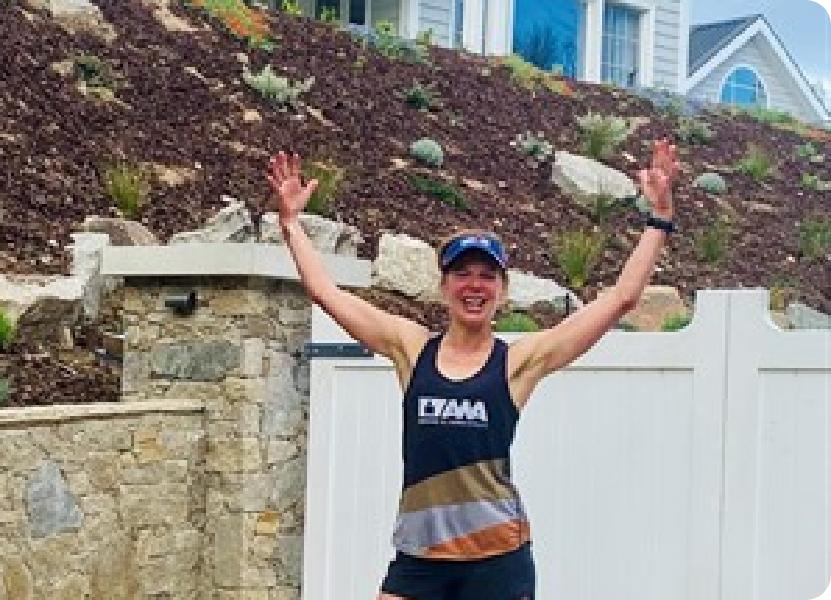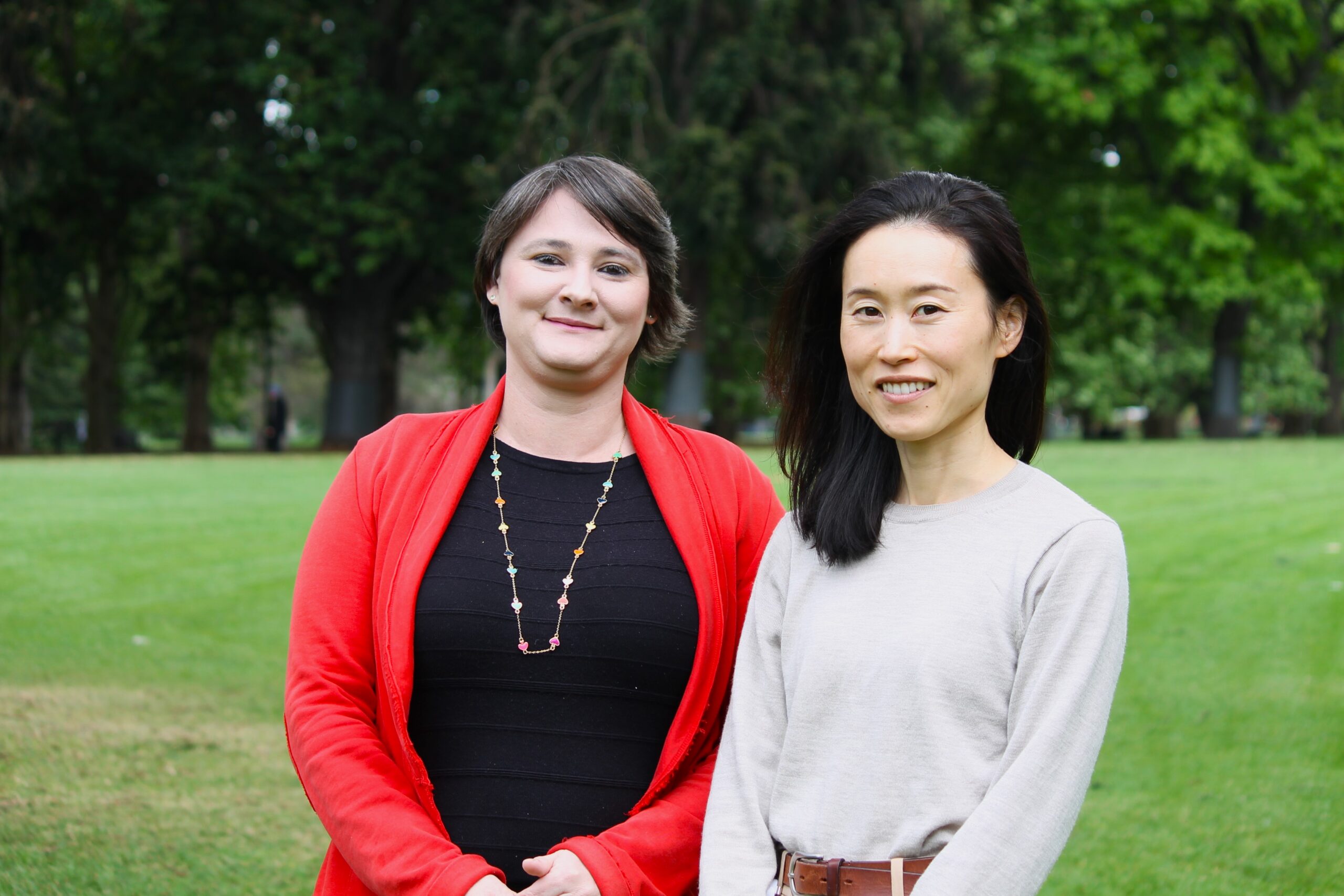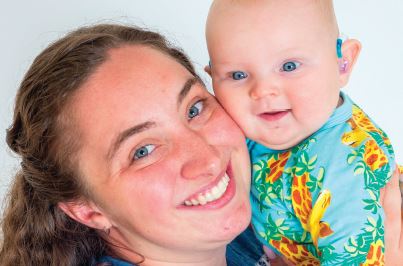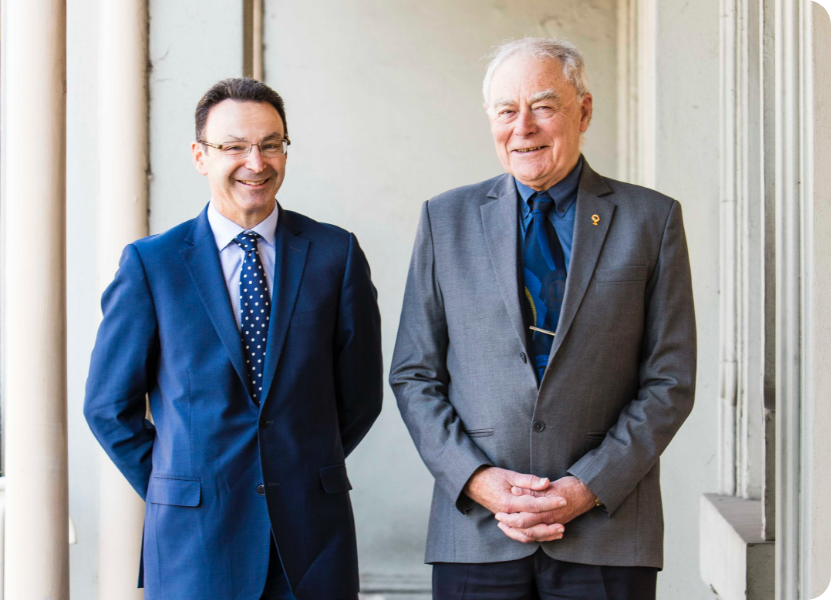
Dr Penina Ponger
Penina is a clinical fellow at the Balance Disorders & Ataxia Service (BDAS) at the Royal Victorian Eye & Ear Hospital and honorary research fellow at the Bionics Institute.
Academic and Professional Background:
Dr. Ponger is a senior neurologist and geneticist specialising in movement disorders and neurogenetics.
She earned her MD from Tel Aviv University, graduating magna cum laude in Medical Sciences (2005–2009).
Her training includes Neurology at Hadassah Medical Center, Jerusalem (2010–2016) and a fellowship in Medical Genetics, Tel Aviv Sourasky Medical Center (2017–2021).
Her past positions have included heading the Adult Neurogenetics Service and Ataxia Clinic along with site coordination of PDGENEration Research Initiative, at Tel Aviv Sourasky Medical Center.
Dr. Ponger has also been involved in tailored therapeutic trials over the last years.
Research and Clinical Contributions:
Dr. Ponger’s primary research includes clinical studies of gait, eye movement and voice analysis amongst people with balance disorders caused by dysfunction of the cerebellum.
Dr Ponger is also interested in wearable device development for rehabilitation and studying the genetic causes for neurodegenerative disease of the brain, including cerebellar ataxia and complex movement disorders.
Awards and Grants:
Dr. Ponger has successfully secured grants, including funding from Israel’s Chief Scientist Office and the Parkinson’s Progression Markers Initiative, to advance both wearable technology and genetic research.
Teaching and Mentorship:
Dr. Ponger is a dedicated educator, having served as a lecturer in Tel Aviv University’s Brain Sciences Program and as a thesis supervisor for neurology residents.
LinkedIn: Penina Ponger
Publications
- Wang H, Ullah Z, Gazit E, Brozgol M, Tan T, Hausdorff JM, Shull PB, Ponger P.
Step Width Estimation in Individuals With and Without Neurodegenerative Disease Via a Novel Data-Augmentation Deep Learning Model and Minimal Wearable Inertial Sensors.
IEEE J Biomed Health Inform. 2024 Sep 27;PP. doi: 10.1109/JBHI.2024.3470310. Online ahead of print. - Thaler A, Anis S, Ponger P et al. “Levodopa-Carbidopa Intestinal Gel for advanced Parkinson’s disease: impact of LRRK2 and GBA1 mutations” Parkinsonism Relat Disord. 2024 Aug 28, online ahead of print.
- Barel D*, Maron D*, Ponger P*, et al. “Genetic diagnosis and detection rates in amyotrophic lateral sclerosis: C9orf72 repeat expansion versus a multi-gene panel” Journal of Neurology, 2024 April 16, online ahead of print. (*equal contributors)
- Binoy S, Monstaser-Kouhsari L, Ponger P, Saban, W. “Remote Assessment of Cognition in Parkinson’s Disease and Cerebellar Ataxia: The MoCA Test in English and Hebrew.” Frontiers in Human Neuroscience, 2024 Jan 8, vol 17
- Hamiel U, … Ponger P … et al. “Clinical Genetics – Telemedicine Versus Traditional In-Person Consultations: Comparison of Patient Satisfaction Rates.” Journal of Telemedicine and Telecare, 2023 Nov 8, online ahead of print.
- Tolonen, J.P. … Ponger P … et al. “Detailed analysis of ITPR1 missense variants guides diagnostics and therapeutic design” Movement Disorders Journal, 2024 Jan;39(1):141-151
- Cunha P, … Ponger P …et al, on behalf of the SCANOP group. “Extreme phenotypic heterogeneity in non-expansion spinocerebellar ataxias” American Journal of Human Genetics, 2023 Jul 6; 110(7):1098-1109
- Penina Ponger, Alina Kurolap, Israela Lerer, Judith Dagan, Chofit Chai Gadot, Adi Mory, Yael Wilnai, Nino Oniashvili, Nir Giladi, Tanya Gurevich, Vardiella Meiner, Alexander Lossos, Hagit Baris Feldman. “Unique Ataxia-Oculomotor Apraxia 2 (AOA2) in Israel with novel variants, atypical late presentation and possible identification of a poison exon.” Mol Neuroscience, 2022 Aug;72(8):1715-1723.
- Moran Hausman–Kedem, Liat Ben–Sira, Debora Kidron, Shay Ben–Shachar, Rachel Straussberg, Daphna Marom, Penina Ponger, Anat Bar–Shira, Gustavo Malinger, and Aviva Fattal–Valevski. “Deletion in COL4A2 is associated with a three generation variable phenotype: from fetal to adult manifestations.” European Journal of Human Genetics, 2021 Nov;29(11):1654-1662.
- Ben-Sira L*, Ponger P*, and Constantini S. “Evaluation of Dorsal Midline Discolorations with Physical Examination and Ultrasound.” The Journal of Pediatrics, 2017 Nov;190:246-250. (*equal contributors)
- Lossos A, Elazar N, Lerer I, Schueler-Furman O, Fellig Y, Glick B, Zimmerman BE, Azulay H, Dotan S, Goldberg S, Gomori JM, Ponger P, Newman JP, Marreed H, Steck AJ, Schaeren-Wiemmers N, Mor N, Harel M, Geiger T, Eshed Eisenbach Y, Meiner V and Peles E. “Myelin-associated glycoprotein gene MAG mutation causes Pelizaeus-Merzbacher disease-like disorder” Brain, 2015 Sep;138(Pt 9):2521-36.
- Lossos A, Stümpfig C, Stevanin G, Gaussen M, Zimmerman BE, Mundwiller E, Asulin M, Chamma L, Sheffer R, Misk A, Dotan S, Gomori JM, Ponger P, Brice A, Lerer I, Meiner V, Lill R. “Fe/S protein assembly gene IBA57 mutation causes hereditary spastic paraplegia’. Neurology, 2015 Feb 17;84(7):659-67.
- Ponger P and Ben-Sira L, Beni-Adani L, Steinbok P, and Constantini S. “International Survey on the Management of Skin Stigmata and Suspected Tethered Cord.” Childs Nervous System, 2010 Dec;26(12):1719-25.
- Ben-Sira L, Ponger P, Miller E, Beni-Adani L, and Constantini S. “Low-Risk Lumbar Skin Stigmata in Infants: The Role of Ultrasound Screening.” The Journal of Pediatrics, 2009 Dec;155(6):864-869.
